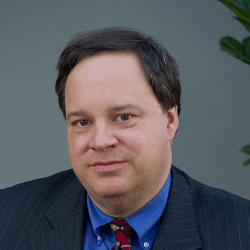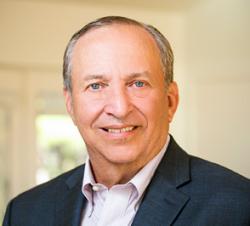The Brookings Institution is committed to quality, independence, and impact.
We are supported by a diverse array of funders. In line with our values and policies, each Brookings publication represents the sole views of its author(s).
2026
Research
BPEA | Spring 2012


Spring 2012
In a depressed economy, with short-term nominal interest rates
at their zero lower bound, ample cyclical unemployment, and excess capacity,
increased government purchases would be neither offset by the monetary
authority raising interest rates nor neutralized by supply-side bottlenecks.
Then even a small amount of hysteresis—even a small shadow cast on future
potential output by the cyclical downturn—means, by simple arithmetic, that
expansionary fiscal policy is likely to be self-financing. Even if it is not, it is
highly likely to pass the sensible benefit-cost test of raising the present value
of future potential output. Thus, at the zero bound, where the central bank
cannot or will not but in any event does not perform its full role in stabilization
policy, fiscal policy has the stabilization policy mission that others have
convincingly argued it lacks in normal times. Whereas many economists
have assumed that the path of potential output is invariant to even a deep
and prolonged downturn, the available evidence raises a strong fear that
hysteresis is indeed a factor. Although nothing in our analysis calls into question
the importance of sustainable fiscal policies, it strongly suggests the need
for caution regarding the pace of fiscal consolidation.